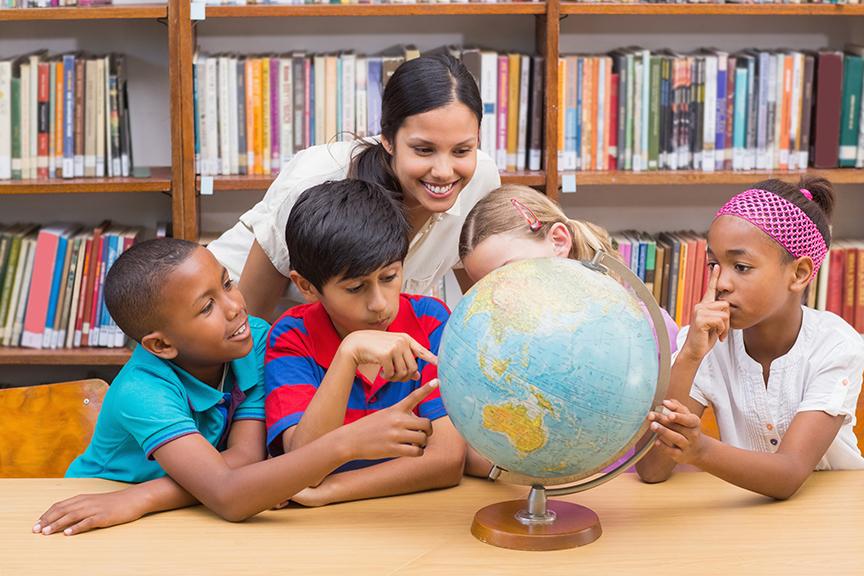In a world that is becoming increasingly interconnected, the need for Education for human flourishing has never been more crucial. By cultivating a sense of responsibility and empathy towards others on a global scale, students are not only better prepared to navigate an ever-changing world but also contribute to the collective flourishing of humanity. Join us as we explore why global citizenship is essential for unlocking the potential for human flourishing in today’s society.
Challenges Faced in Implementing Global Citizenship Education
Global citizenship education is a crucial aspect of modern education, aimed at creating responsible and active global citizens. However, implementing this type of education comes with its own unique set of challenges. In this section, we will explore some of the key challenges faced in implementing global citizenship education.
- Cultural barriers: One of the main challenges faced in implementing global citizenship education is cultural barriers. The concept of global citizenship may not be readily accepted by all cultures and societies, as it goes against traditional beliefs and values. For example, certain cultures may prioritize individual success over collective responsibility, making it difficult to promote the idea of shared responsibility for the well-being of others.
- Lack of resources: Another obstacle in implementing global citizenship education is the lack of resources. Many schools and educational institutions do not have access to adequate resources such as trained teachers, teaching materials or technology necessary to effectively implement this type of curriculum. This can hinder efforts to create meaningful learning experiences for students that foster a sense of global awareness and responsibility.
- Resistance from traditional educational systems: Traditional educational systems often prioritize academic achievement and standardized testing over developing critical thinking skills and promoting social responsibility among students. As a result, incorporating global citizenship education into these systems can be met with resistance from educators who are more comfortable with conventional teaching methods.
- Language barriers: Language diversity is another challenge that needs to be addressed when implementing global citizenship education on a larger scale. In many countries, English is not the first language spoken by students which makes it challenging for them to fully comprehend concepts related to global issues discussed in their classes.
- Different levels of understanding: Global issues affecting different regions vary greatly in terms of severity and impact on local communities. This means that students from different parts of the world will have varying levels of understanding about these issues which can make it challenging for educators to deliver a unified curriculum that resonates with all learners equally.
Despite these challenges, there are various strategies that can be employed to overcome them and successfully implement global citizenship education. This includes promoting cultural sensitivity, providing necessary resources, incorporating technology in teaching, adapting the curriculum to fit local contexts and involving students in experiential learning activities such as community service projects.
Implementing global Global Citizenship may face obstacles, but it is essential for creating responsible and active global citizens who are capable of addressing the challenges facing our world today. By recognizing these challenges and finding ways to overcome them, we can ensure that future generations are equipped with the skills and knowledge needed to contribute towards a more just and sustainable world.
Conclusion: Why We Need to Embrace Global Citizenship Education for Human Flourishing
It is evident that global citizenship education plays a critical role in promoting human flourishing. By equipping students with the necessary knowledge, skills, and attitudes to become responsible global citizens, we are creating a better future for both individuals and society as a whole.
